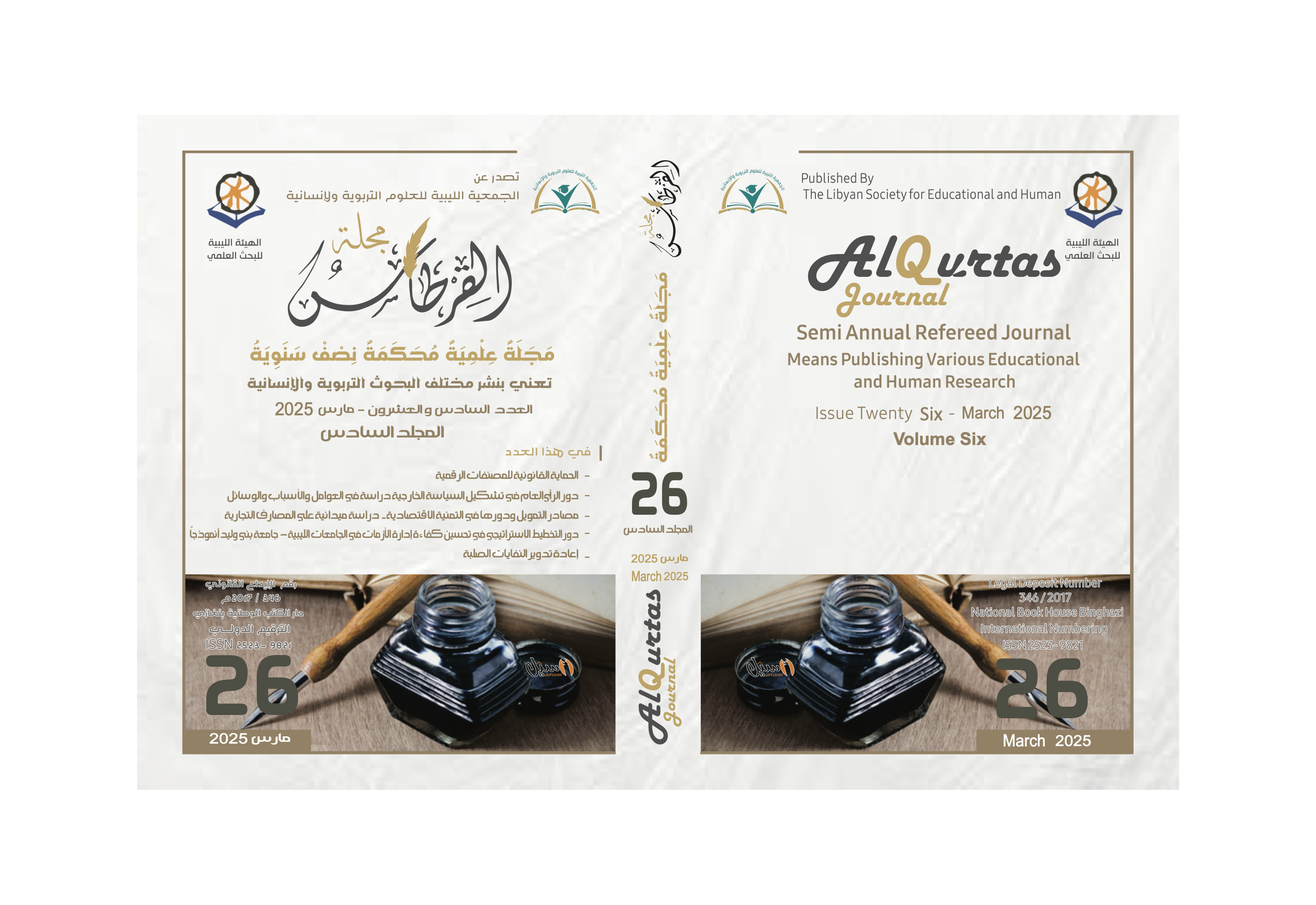Issues Based on the Practice of the People of Medina in Personal Status Law by Imam Ibn Abi Zaid Al-Qayrawani
Main Article Content
Abstract
The research addresses issues of personal status in Maliki jurisprudence, focusing on the views of Imam Ibn Abi Zayd al-Qayrawani and his reliance on the practice of the people of Medina. The study examined the rights of both spouses, with al-Qayrawani asserting that the wife has rights such as maintenance, dowry, and cohabitation, all of which are agreed upon by the Malikis. It also discussed the rights of the husband, particularly the obligation of obedience, which the Malikis consider mandatory as long as it aligns with what pleases Allah. Regarding divorce, al-Qayrawani and the Malikis argued that divorce does not occur under coercion or during menstruation or postpartum bleeding, based on the practice of the people of Medina and prophetic hadiths. The Shafi’is agreed with some of these views, particularly on divorce during menstruation, but differed on other points such as guardianship. The Hanafis, however, disagreed on certain aspects of the wife’s rights, such as the right to obedience, emphasizing the wife’s financial independence in many matters. In Hanbali jurisprudence, specific rulings related to marital rights, such as cohabitation and divorce, were emphasized. In conclusion, the research affirmed the influence of Medina in shaping Maliki jurisprudence and the importance of collective scholarly work in deriving rulings, while also highlighting the differences in opinions among the schools of thought on certain issues, reflecting the pluralism and flexibility of Islamic jurisprudence in addressing contemporary challenges

